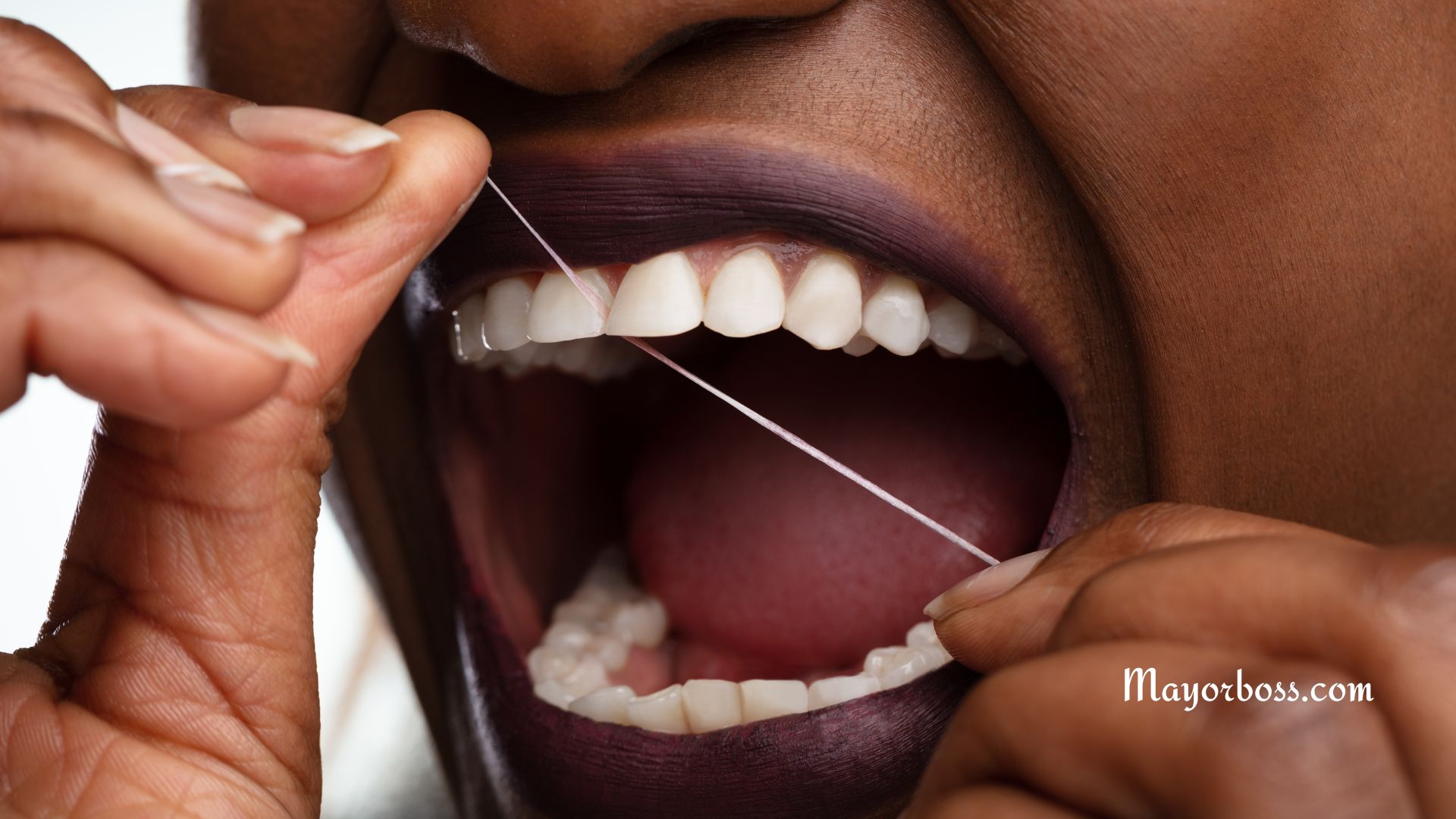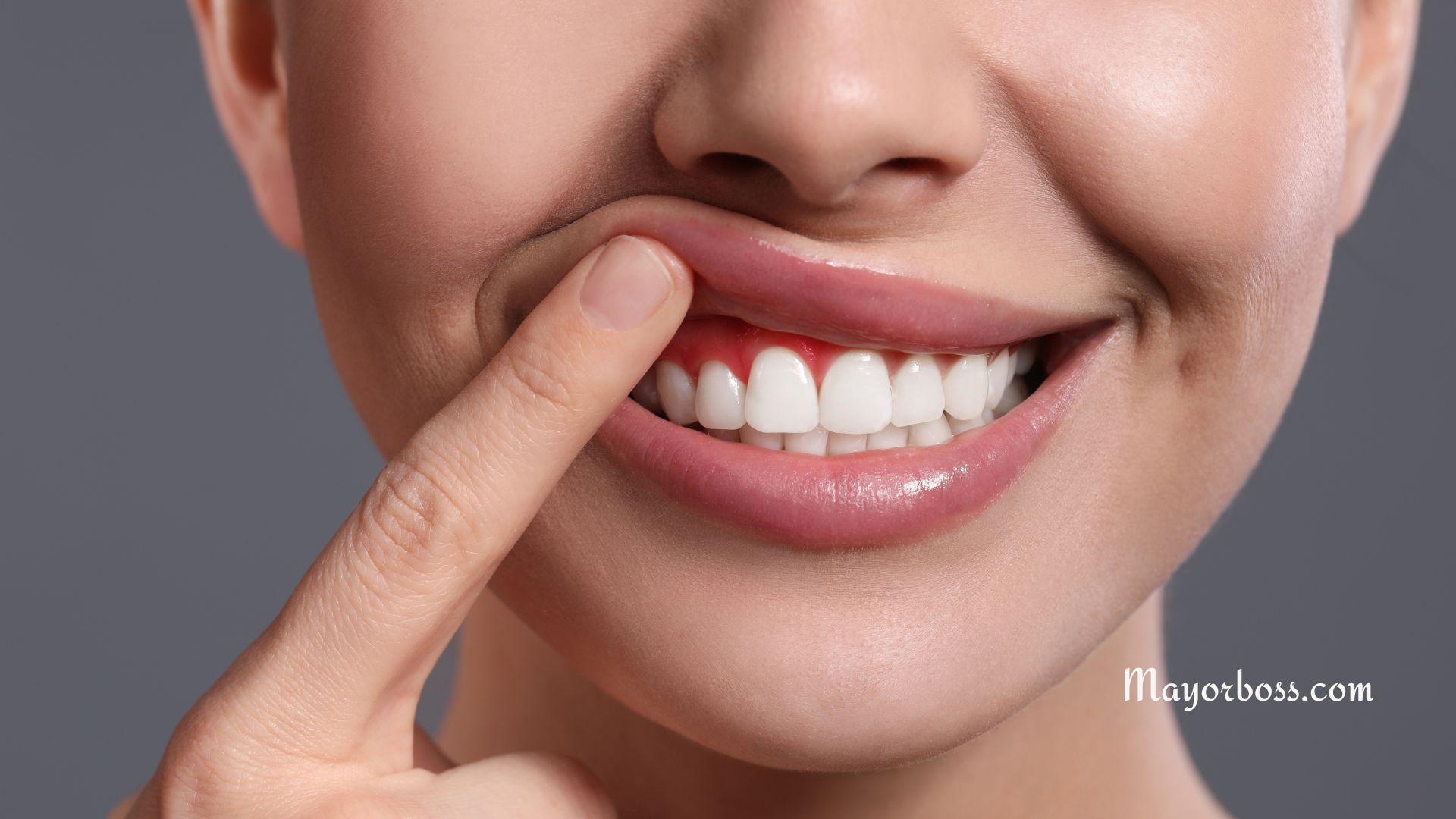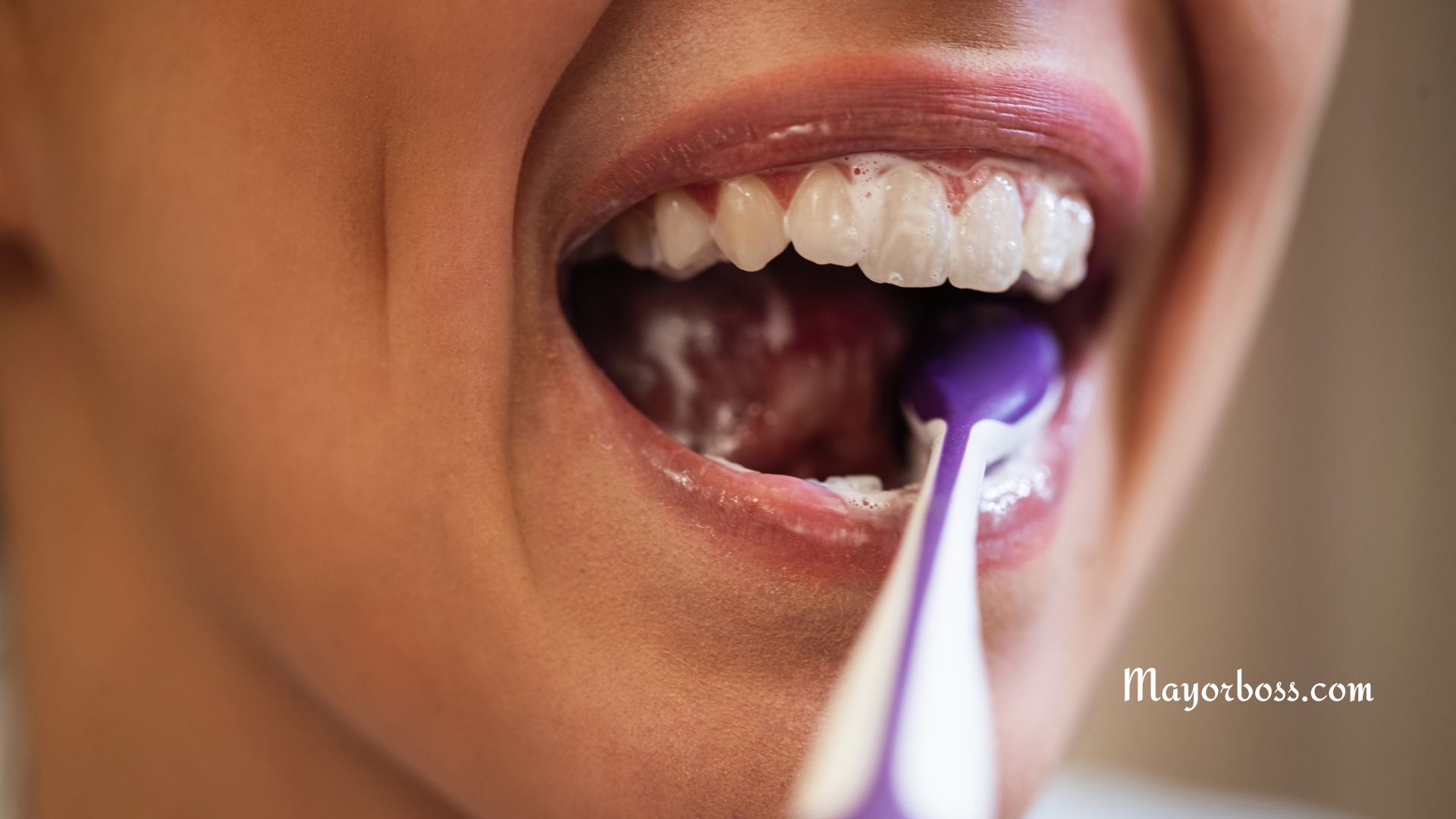What Happens If You Don’t Floss Your Teeth Every Night
Flossing your teeth every night might seem like a small task, but it has a huge impact on your dental health. I get it; after a long day, you might be too tired to floss, or you might think that brushing alone is enough. But hear me out, skipping flossing can lead to a host of problems that you really want to avoid. In fact, see what actually happens if you don’t make flossing a part of your nightly routine.

Plaque Buildup is a Big Deal
When you don’t floss, you leave food particles and plaque between your teeth and along also the gum line. Brushing alone can’t reach these tight spaces. According to the Medical Encyclopedia, plaque is a sticky film that coats teeth and contains bacteria. If not removed by flossing, it hardens into tartar, which can only be removed by a dentist. The buildup of plaque and tartar leads to more serious issues.
Your Gums Will Suffer
Skipping flossing can lead to gum disease, also known as gingivitis. You might notice your gums becoming red, swollen, and bleeding when you brush. This is a sign that plaque is irritating your gums. If gingivitis is left untreated, it can progress to periodontitis, a severe form of gum disease that damages the soft tissue and bone supporting your teeth. This can lead to tooth loss.
Bad Breath is Inevitable
You might not realize it, but flossing plays a huge role in keeping your breath fresh. When food particles remain stuck between your teeth, bacteria break them down, producing an unpleasant odor. Brushing your teeth might mask it temporarily, but the smell will return if you don’t floss. Believe it or not, flossing can make a significant difference in how fresh your breath is.
Cavities Love Neglected Spaces
Flossing helps prevent cavities from forming between your teeth. These are areas that your toothbrush can’t reach. Without flossing, plaque and food particles stay trapped, creating the perfect environment for bacteria to produce acids that erode your tooth enamel. Over time, this leads to cavities.
Your Overall Health Might Be at Risk
Did you know that your oral health is closely linked to your overall health? Research has shown that poor oral hygiene, in particular, can lead to various health issues, including heart disease, diabetes, and respiratory infections. The bacteria from your mouth can enter your bloodstream, causing inflammation and infections in other parts of your body. Flossing regularly helps reduce the risk of these serious health problems.
Preventing Tooth Discoloration
Another side effect of not flossing is tooth discoloration. Plaque buildup can cause your teeth to look yellow and less clean. Regular flossing helps keep your teeth white and your smile bright. Plus, it just feels good to know your teeth are as clean as possible.
It Only Takes a Few Minutes
Flossing might seem like a chore, but it only takes a few minutes each night. When you make it a habit, it becomes a part of your routine, like brushing your teeth. The benefits far outweigh the time and effort it takes. Plus, flossing is an easy and inexpensive way to maintain your dental health.
Start Flossing Today
If you’ve been skipping flossing, it’s never too late to start. Make a commitment to floss every night and see the difference it makes. Your gums will become healthier, your breath fresher, and your teeth less prone to cavities and discoloration. It’s a small step that has a big impact on your overall health.
Tips for Easy Flossing
If you find flossing difficult, there are tools to make it easier. Floss picks, water flossers, and interdental brushes are great alternatives to traditional floss. Find what works best for you and stick with it. The important thing is that you’re cleaning between your teeth every day.
In Conclusion, Keep Flossing!
Flossing every night is crucial for maintaining good dental health. It prevents plaque buildup, gum disease, bad breath, cavities, and even more serious health issues. Don’t underestimate the power of this small, nightly habit. Your future self will thank you for taking care of your teeth now. So, without further delay, grab that floss and get to work! Your smile deserves it.






